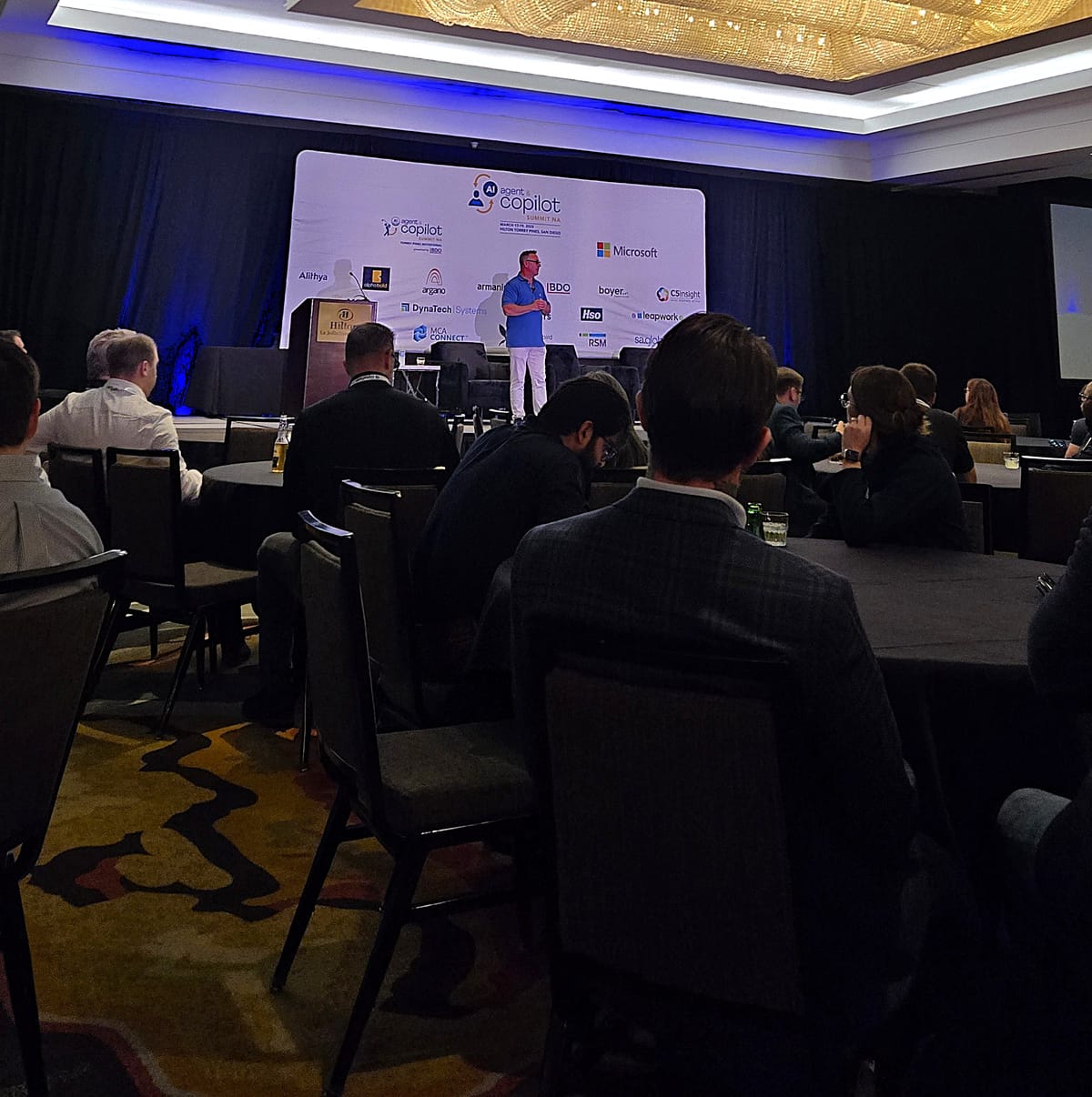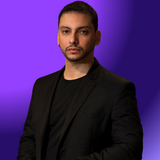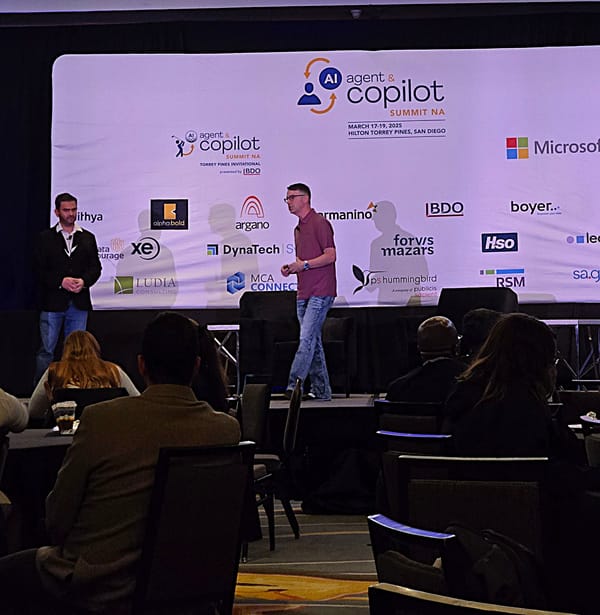Creator Capitalism is Redefining Enterprise Value. Here's How.
AI is not an add-on but a central component. Evolve roles, organizations, and intellectual property. Empower idea-scalers. Rethink capital. Build agile teams and unlearn outdated rules. Lead from the future or risk losing talent and relevance.

Most enterprises are merely adding AI to their current operations. This approach doesn't truly transform; it only protects legacy systems. At last month's AI Copilot & Agent Summit, Christopher Lochhead emphasized that AI should be central to operations, not just an add-on.
AI is foundational and demands a fresh approach to value creation, driven by what Lochhead calls creator capitalists. For enterprise leaders, this is not theoretical. It challenges current operating models, workforce planning, and competitive advantage.
The Decline of Traditional Knowledge Work
Lochhead argues that the value of once-coveted white-collar knowledge is diminishing. When a custom-trained language model can apply decades of expertise across various sectors, the need for human-based repeatability decreases. A consulting firm that didn't replace a departing partner exemplifies this shift because it had already codified his knowledge into an AI model.
The new work hierarchy favors generating novel value through AI, impacting how roles are scoped, performance is assessed, and reskilling is prioritized.
Who Are Creator Capitalists?
These aren't just inventors or product leads. Creator capitalists exist at all organizational levels, from architects creating reusable frameworks to finance leaders designing new models with AI. They embody cross-functional roles transforming enterprises into IP factories by building repeatable, scalable intellectual, operational, and cultural capital.
As Christopher put it:
“If you’ve ever created a framework, a process, a whitepaper, even a macro, you're a creator capitalist.”
AI-Native Thinking vs. Incrementalism
Lochhead underscores the importance of future-oriented thinking over mere enhancement of existing models. He advocates for imagining a world where AI is integral and working backwards from there, asking questions like how functions would look if AI were central or what team configurations would emerge in AI-driven environments.
Practical Steps for Enterprise Leaders
1. Redefine Value Creation Roles: Rethink promotions and rewards. Measure impact by the scalability and uniqueness of contributions, not just by output volume.
2. Refactor Organizational Design: AI value comes from blending, not isolating functions. Integrate AI prototyping into teams, pairing different functions to form creator-capitalist pods.
3. Audit Your Creator Capital: Evaluate the past five years’ assets to determine their current scalability and business impact. Investigate how AI can amplify returns.
4. Invest in Unlearning: Encourage reskilling and unlearning outdated assumptions. Promote cross-generational collaboration to foster first-principles thinking.
Facing the Consequences of Inaction
Failure to adopt an AI-centered culture risks losing talent and market relevance. Enterprises that cling to incremental changes will face attrition as innovative market leaders surge ahead. AI must be at the core of a company's evolution.
Most AI strategy today is built around “what exists now.” That’s why so many efforts stall at pilot stage or become glorified chatbots.
Lochhead challenged that thinking head-on:
“If your point of reference is now, the best you’ll do is incrementally better. But better isn’t enough. You need different.”
The difference between success and irrelevance won’t be the tech. It’ll be your mental model. How you define problems. How you reject outdated premises.
Final Thoughts
Your edge in the market lies in your ability to create and scale new systems centered around AI. The question remains: What are you building that sets you apart? What unique solutions are you developing with AI at the forefront?





